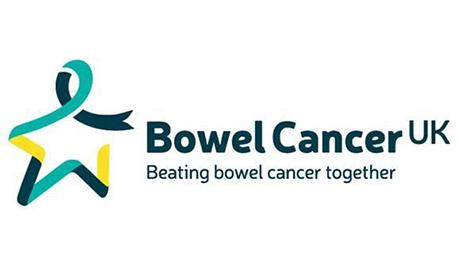Diagnosis
Bowel Cancer UK
There are a few ways that bowel cancer can be diagnosed. Some people may notice symptoms of bowel cancer and speak to their GP before completing an at-home test. Others may be referred to the hospital for tests after completing a screening test, or after having other medical tests or procedures.
For more information on the diagnosis of bowel cancer, follow this link.
































































